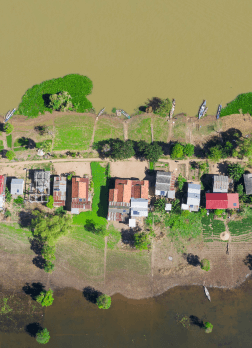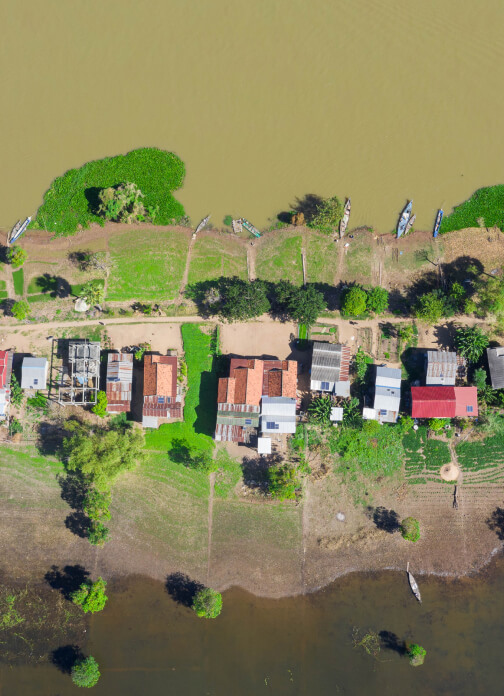Platform for
Voluntary Bilateral Cooperation
Payments for ITMOs through the cooperative approaches under Article 6.2 provide financial incentives designed to encourage investments into an emission reduction activity; de-risking the financing of mitigation activities and enabling projects to get up and running.
Enabling
Technology
The digital Platform for Voluntary Bilateral Cooperation facilitates the implementation of national ITMO project implementation processes in host and buying countries.
The ITMOs project implementation procedures are being developed in the light of Article 6 of the Paris Agreement and decisions of the CMA and the NDCs of the host and buying governments. The ITMO project implementation procedures have also adopted the learnings from existing carbon market-based mechanisms such as the CDM, Gold Standard, Verra, ISO-14064, Standardized Crediting Framework (SCF) etc.
However, the ITMO project implementation procedures are subject to revisions and updates over time based on new international guidance by the CMA, updated NDCs of the host and buying governments, and potential future bi-lateral and multilateral agreements with other countries or development partners.
The ITMO project implementation steps are detailed in the host country sections.
Raise the ambition
climate mitigation measures.
”
ITMO Project Idea Note
Developer explains the proposed mitigation activity, rationale for generating the ITMOs, and monitoring plan, governance arrangements, contribution to sustainable development and financial requirements.
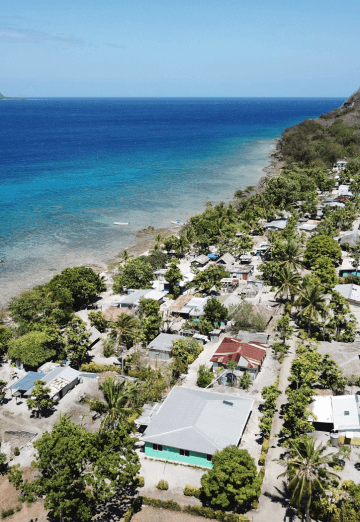

ITMO Project Design Document
The mitigation activity developer prepares the ITMO Project Design Document using recommended emissions baseline and monitoring methodology


Validation
Independent auditors validate the developer’s mitigation project. Ministry, national entities and agencies examine it, and Article 6 Secretariat approves the validation report.
Authorization and registration
Host and buying country governments authorize ITMO project, Article 6 Secretariat register and publish it.

Verification
Independent auditor (published by the Article 6 Secretariat) verifies that emission reductions took place in the amount claimed, according to the approved monitoring plan.

Implementation
The developer implements mitigation activity and starts to monitor according to the approved monitoring plan
ITMOs Issuance
The administrative checks will follow with the signing of the Certificate by the Article 6 Secretariat and the generation of serialised ITMOs into the buying entity's holding Account


ITMOs Transfer
Share of Proceed will be deducted for administrative purposes and ITMOs transferred accounted in the National Registry (National GHG Inventory Registry) of the transferring country
countries
HOST COUNTRIES
 Vanuatu
VanuatuWho
Developers and validators/verifiers can apply and actively create and validate mitigation activities and verify the generated ITMOs.
Developers
The project proponent is usually a company that requests approval for the development of a project in the host country.
Validators/ Verifiers
Auditors are companies and experts that validate the project and verify the ITMO claims and ensure the effectiveness of the mitigation activity.


The carbon cooperation platform was developed with generous funding from the governments of Switzerland, Germany, Sweden, Spain, Italy, and the European Union. The State Secretariat for Economic Affairs, Switzerland provides generous funding for the operation and expansion of the platform.








